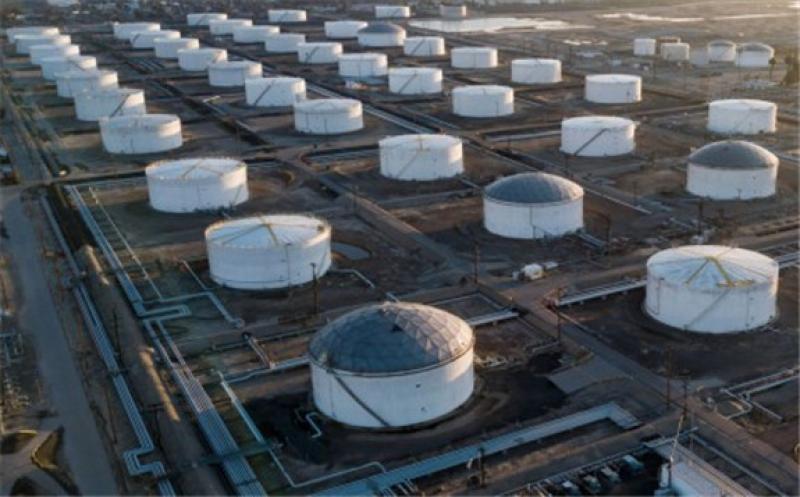The United States might adjust the timing of the release of some 50 million barrels of crude oil from the strategic petroleum reserve depending on the direction of oil prices, Reuters reported, citing Deputy Energy Secretary David Turk.

"I think each country will make decisions based on what's useful and good for their consumers and based on where the price is," Turk said, referring to similar decisions of adjustment that U.S. allies that are taking part in the coordinated release of strategic oil reserves might choose to make amid lower prices.
Oil prices dropped sharply at the end of last week as the news emerged of a new variant of the coronavirus. The news came soon after the U.S. announced the release of 50 million barrels from the SPR, which added pressure on benchmarks.
An additional blow came this week after reports said the first omicron case had been identified in the United States. However, at the time of writing, oil was rising once again ahead of the OPEC+ meeting later today, with many expecting the group to revise its policy of adding 400,000 bpd to its combined production every month until it returns to pre-pandemic levels.
The news of omicron has sparked serious concern about the immediate prospects of oil demand, hence the price drop last Friday that plunged Brent crude and WTI about $10 lower. Now all eyes are on OPEC+ and its decision.
The pandemic remains the one decisive factor for prices. Earlier this week, Jefferies' global head of equity strategy, Christopher Wood, said that oil could hit $150 a barrel if the global economy fully reopened, adding it was a big 'if'. Other investment banks are also bullish on oil with the notable exception of Deutsche Bank but, again, their forecasts depend on the absence of future lockdowns.